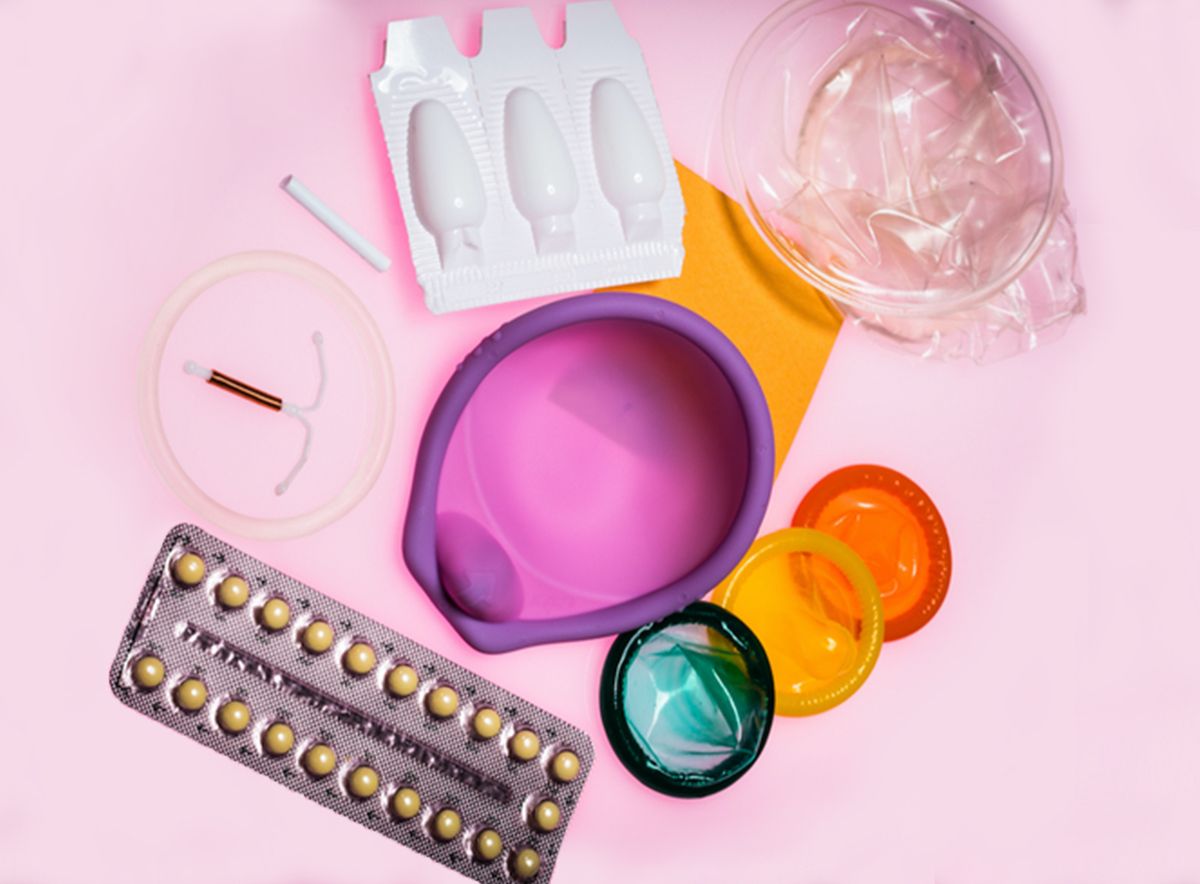Sexually transmitted diseases (STDs) are a significant concern, posing risks to our sexual health and overall well-being. However, with the right knowledge and precautions, we can significantly reduce the chances of contracting these infections. These are essential tips to prevent sexually transmitted diseases, protecting both yourself and your partner.
How to Prevent STDs
- Educate Yourself: The first step in preventing STDs is to educate yourself about the different types of infections, their symptoms, and how they can be transmitted. Knowledge is power, and by understanding the risks, you can make informed decisions about your sexual health.
- Communication and Consent: Open and honest communication with your partner(s) is crucial. Discussing sexual histories, previous STD testing, and boundaries can help ensure everyone is on the same page. Obtaining explicit consent before engaging in any sexual activity is vital for promoting trust, respect, and the overall well-being of all parties involved.
- Practice Safe Sex: Consistent and correct use of condoms or other barrier methods, such as dental dams, during sexual activity can significantly reduce the risk of STD transmission. Condoms act as a protective barrier, preventing the exchange of bodily fluids that may contain infectious agents.
- Get Regularly Tested: Regular STD testing is an essential part of maintaining sexual health, even if you feel healthy or have no visible symptoms. Many STDs can remain asymptomatic for extended periods, making testing crucial for early detection and treatment. Consult with a healthcare professional to determine the appropriate testing intervals and which tests are recommended for you.
- Limit Sexual Partners: Reducing the number of sexual partners can help lower the risk of contracting an STD. Each new partner introduces the potential for exposure to new infections. Choosing monogamy or maintaining a long-term mutually exclusive relationship can significantly reduce the risk.
- Vaccinations: Certain STDs, such as Human Papillomavirus (HPV) and Hepatitis B, have vaccines available. Vaccination provides a preventive measure against these infections. Consult with your healthcare provider to discuss the recommended vaccinations based on your age, gender, and sexual history.
- Avoid High-Risk Behaviors: Engaging in high-risk behaviors, such as unprotected sex, multiple partners, or the use of intravenous drugs, significantly increases the chances of contracting an STD. Minimizing or eliminating these behaviors can help protect your sexual health.
- Regular Health Check-ups: Aside from regular STD testing, scheduling routine health check-ups is essential. Regular examinations allow healthcare professionals to identify any potential signs of infection or other health concerns that may not be immediately apparent.
- Protect Yourself Emotionally: Sexual health extends beyond physical well-being; it also encompasses emotional well-being. Engaging in consensual, respectful, and emotionally supportive relationships can contribute to overall sexual health and reduce vulnerability to risky sexual behaviors.
- Supportive Resources: Take advantage of available resources such as sexual health clinics, online platforms, and helplines that provide reliable information and guidance on preventing STDs. These resources can help answer any questions you may have and offer support in maintaining a healthy sexual lifestyle.

Some Common STDS
Here is a list of some common sexually transmitted diseases (STDs):
- Chlamydia
- Gonorrhea
- Human Papillomavirus (HPV)
- Genital Herpes
- Syphilis
- Trichomoniasis
- HIV/AIDS
- Hepatitis B
- Hepatitis C
- Pubic Lice (Crabs)
- Scabies
- Molluscum Contagiosum
If you have any concerns or suspect you may have been exposed to an STD, it’s always best to seek medical advice and get tested.ransmission
Transmission
- direct contact with a lesion or sore
- close personal contact, in the case of pubic lice
- exposure to blood that contains the infectious agent
- contact with vaginal fluid or semen
- the sharing of needles
There are three categories of STIs:
- bacterial
- viral
- parasitic
Preventing sexually transmitted diseases requires a combination of knowledge, responsible behavior, and regular healthcare maintenance. By following these tips and incorporating them into your life, you can significantly reduce the risk of contracting STDs. Remember, your sexual health is a valuable aspect of your overall well-being, and taking proactive steps to protect it is an investment in yourself and your future.
